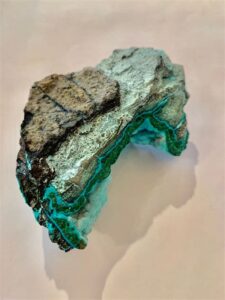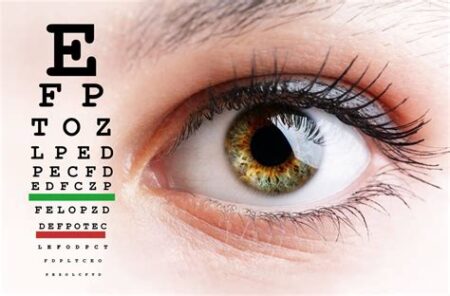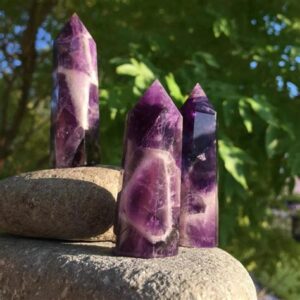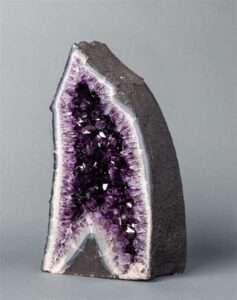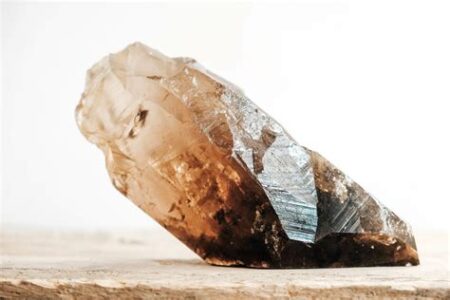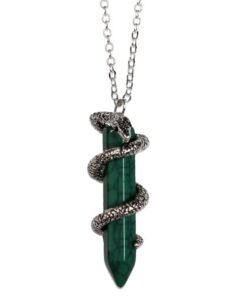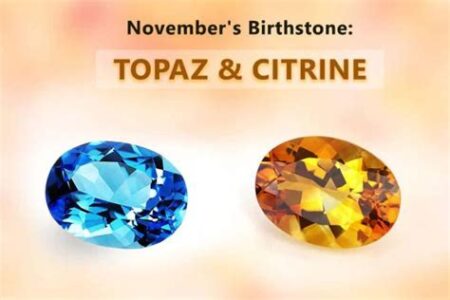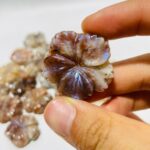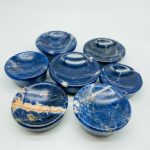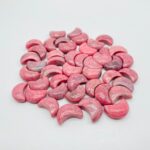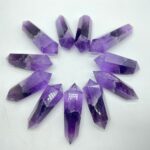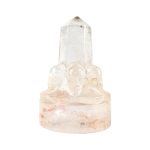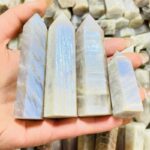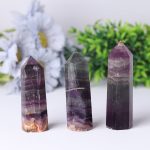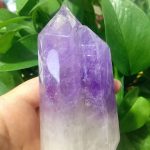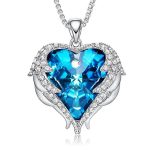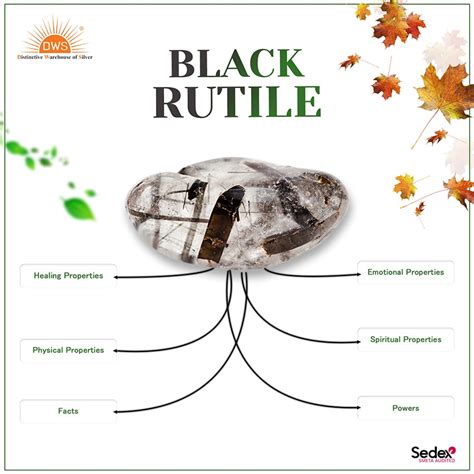
Emotions and physical well-being are deeply intertwined. Depression, a prevalent mental health disorder, can manifest itself in a myriad of physical symptoms, including fatigue, pain, and digestive issues. For centuries, crystals and gemstones have been used as a holistic complement to traditional therapies for depression.
Ancient Practices, Modern Applications
The use of stones for emotional healing dates back to ancient civilizations. In traditional Chinese medicine, gemstones were believed to balance the body’s energy flow, while Ayurvedic practitioners in India used crystals to promote emotional well-being. Today, an increasing number of people are turning to stones as a natural and complementary therapy for depression.
The Science Behind Stones for Depression
While scientific evidence on the efficacy of stones for depression is limited, anecdotal evidence and some preliminary studies suggest that they may have a calming effect on the mind and body. Some stones, such as amethyst, have been shown to reduce stress and anxiety, while others, like tourmaline, are believed to promote emotional balance.
How to Use Stones for Depression
Using stones for depression is a personal and intuitive process. Here are some common methods:
- Wearing stones: Wearing gemstones close to the body is believed to allow their energy to resonate with the human aura. Amethyst necklaces, rose quartz bracelets, and tourmaline earrings are popular choices for addressing depression.
- Placing stones around the home: Stones can be placed in rooms where you spend a lot of time, such as bedrooms, living rooms, or offices. For instance, amethyst geodes can create a calming atmosphere, while citrine crystals may promote optimism and joy.
- Meditating with stones: Holding stones during meditation can enhance focus and intention. Amethyst is believed to promote relaxation while rose quartz fosters self-love and compassion.
Choosing the Right Stones for You
The best stones for depression are those that resonate with you intuitively. However, certain stones are commonly associated with alleviating depressive symptoms:
- Amethyst: Calms the mind, reduces stress and anxiety
- Rose quartz: Promotes self-love, compassion, and emotional healing
- Tourmaline: Protects against negative energy and promotes emotional balance
- Citrine: Inspires hope, optimism, and creativity
- Hematite: Grounding, stabilizing, and reduces negative thoughts
Precautions
While stones can be a supportive complement to depression treatment, they are not a substitute for professional help. It’s essential to consult with a doctor or mental health professional before using stones for depression. They can provide guidance on safe and effective use.
Effective Strategies for Using Stones for Depression
- Create a calming space: Place amethyst around your home or workspace to promote relaxation and reduce anxiety.
- Carry a comfort stone: Keep a rose quartz or tourmaline in your pocket or purse for a quick emotional boost.
- Meditate with stones: Hold amethyst during meditation to calm your mind and foster inner peace.
- Wear jewelry: Wear gemstones that resonate with you to promote emotional well-being.
- Create a stone grid: Arrange stones in a geometric pattern on the floor or tabletop to focus and enhance their energy.
Table 1: Stones for Depression and Their Benefits
| Stone | Benefits |
|---|---|
| Amethyst | Calms, reduces stress and anxiety |
| Rose quartz | Promotes self-love, compassion |
| Tourmaline | Protects against negative energy, balances emotions |
| Citrine | Inspires hope, optimism |
| Hematite | Grounds, stabilizes, reduces negative thoughts |
Table 2: Pros and Cons of Using Stones for Depression
| Pros | Cons |
|---|---|
| Natural and complementary | Limited scientific evidence |
| Can promote relaxation and well-being | May not be suitable for all individuals |
| Intuitive and empowering | Not a substitute for professional help |
FAQs about Stones for Depression
Q: Are stones scientifically proven to treat depression?
A: While scientific evidence is limited, some studies suggest stones may have a calming effect. They are best used as a complementary therapy.
Q: Which stones are most effective for depression?
A: Amethyst, rose quartz, tourmaline, citrine, and hematite are commonly associated with alleviating depressive symptoms.
Q: How do I choose the right stones for me?
A: Trust your intuition and consider stones that resonate with you emotionally. You can also consult with a crystal expert or healer for guidance.
Q: Should I use stones in place of professional help?
A: Stones are not a substitute for professional care. It’s essential to consult with a doctor or mental health professional for a comprehensive treatment plan.
Q: Can I use stones while taking medication for depression?
A: Always consult with your doctor before using stones in conjunction with medication.
Q: How can I learn more about stones and their use for depression?
A: There are numerous resources available, including online articles, books, and workshops. You can also connect with crystal healers or energy workers for personalized guidance.



